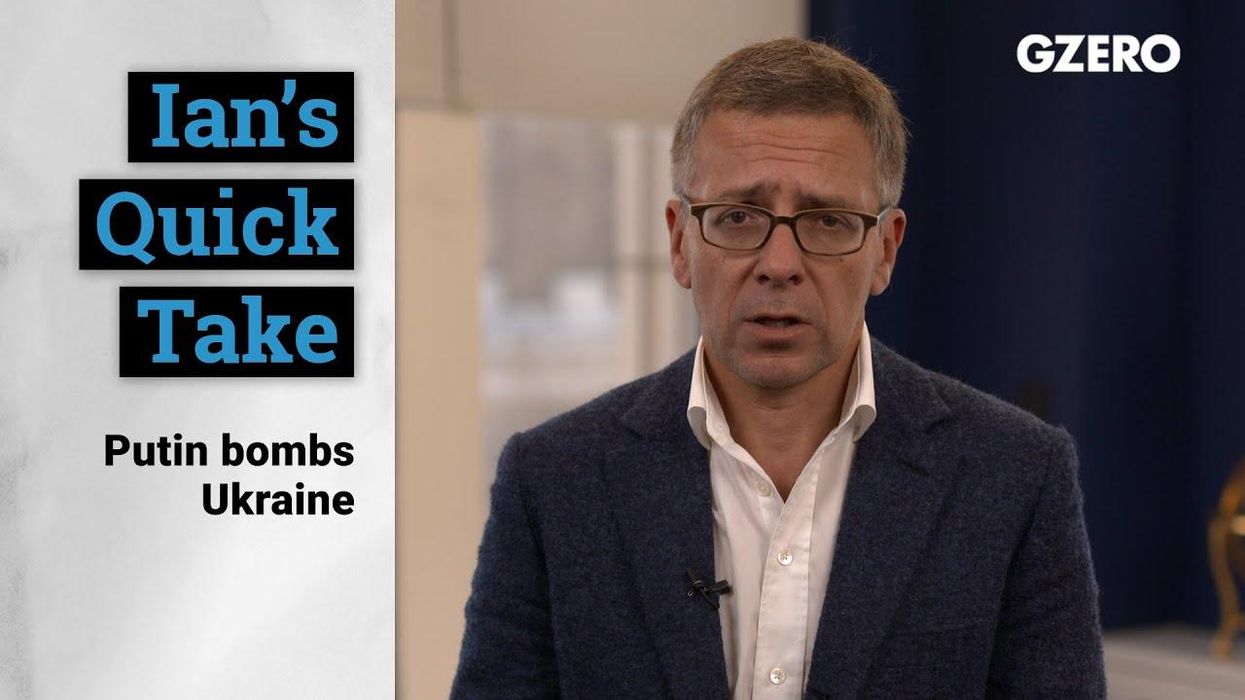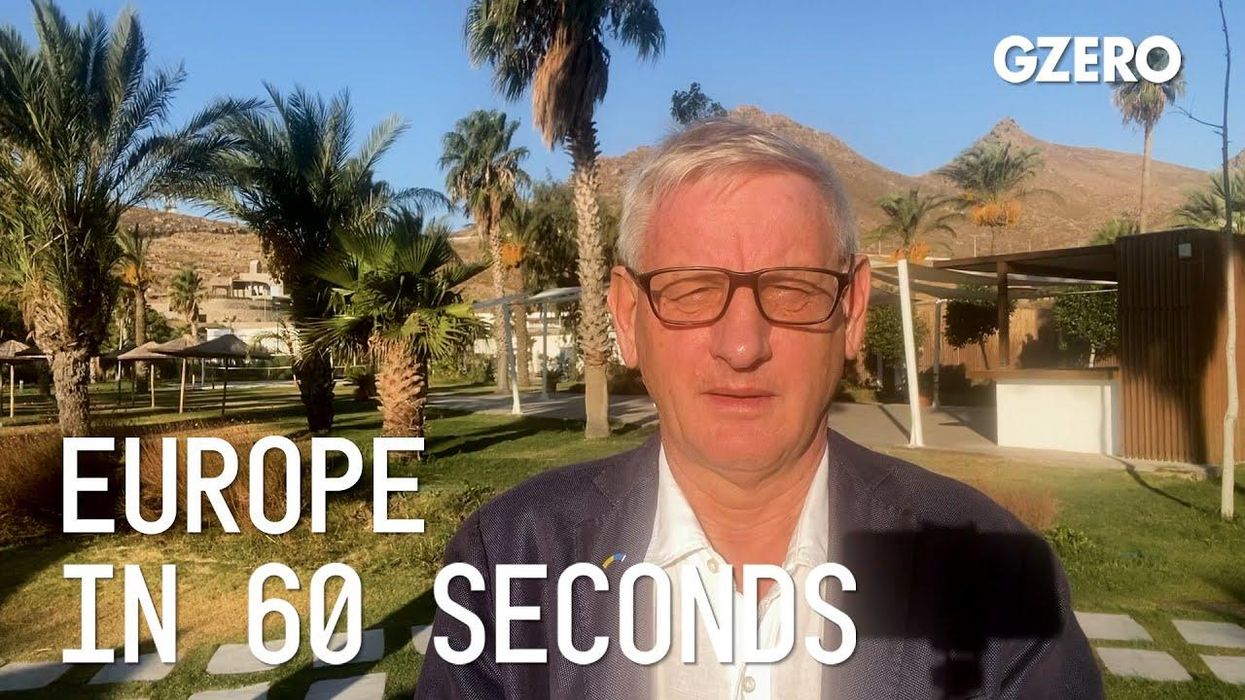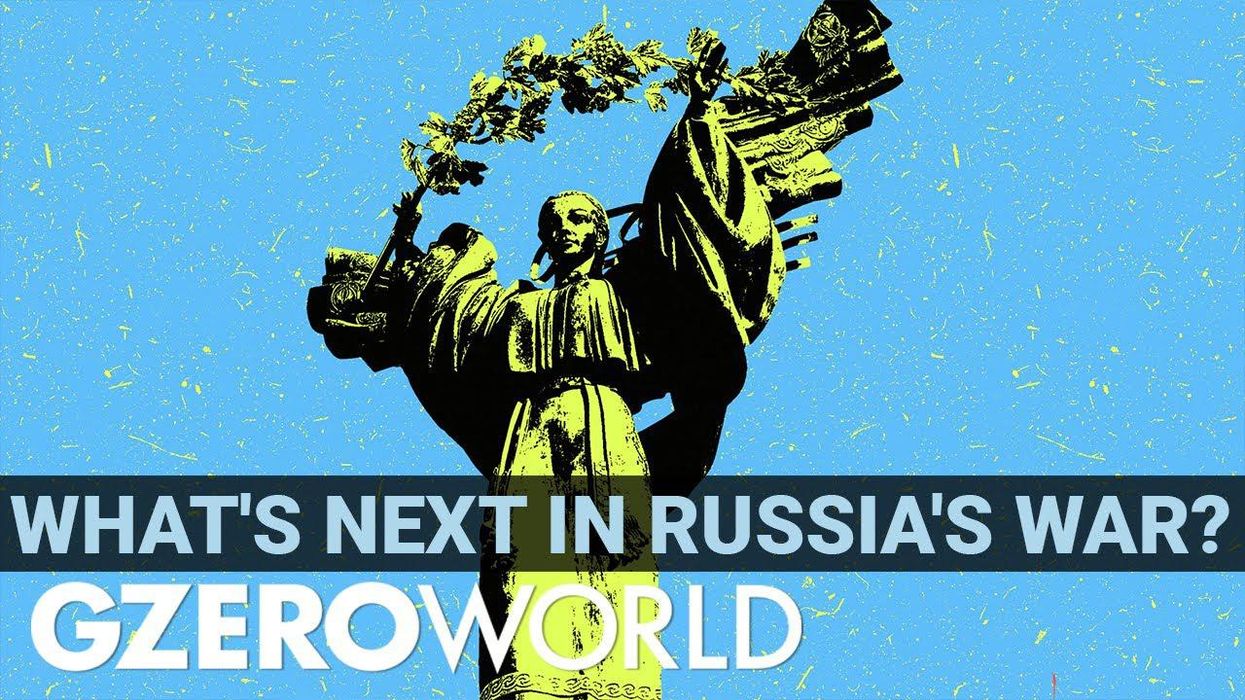Quick Take
Putin bombs Ukraine
Ian Bremmer's Quick Take: Turning to the war in Russia. Lots going on, almost all of it escalatory at this point. Most recent state of play, a spectacular attack by the Ukrainians on the Kerch Bridge, the Crimea bridge that was said by Putin to be impregnable, can't possibly be able to attack it. It was providing a lot of supply chain, military supply chain from Russia sourcing capabilities material into Crimea and the rest of Ukraine, and suddenly significantly disrupted by a Ukrainian truck bomb. That led Putin to respond in the early hours today, rush hour in Ukraine.
Oct 10, 2022



